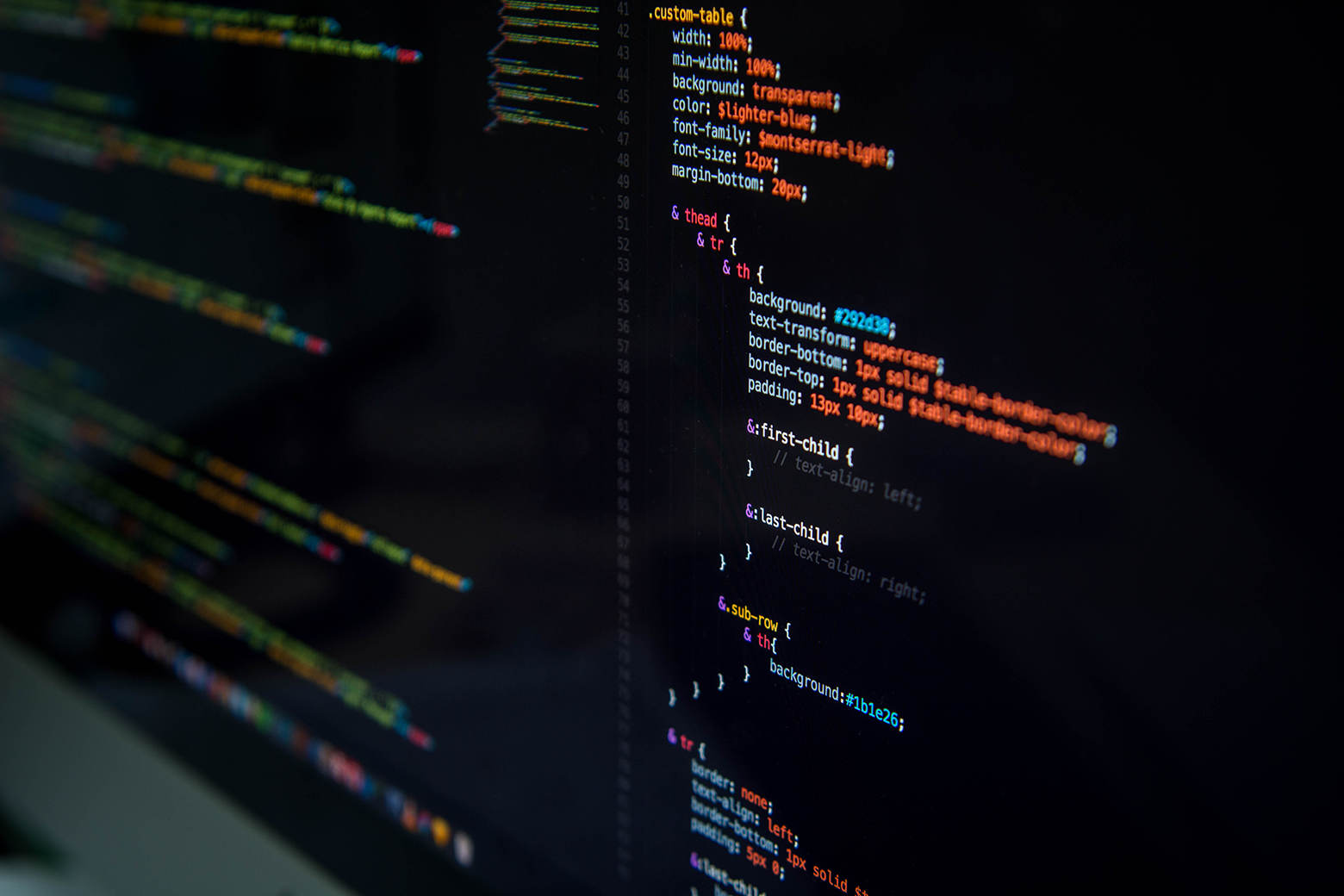Cyber Security and Information Governance
Techical Services / Cyber Security and Information Governance

Cyber Security
Cyber security is a high priority for the University, keeping both you and our information secure. Getting the right technology in place is essential. Choosing to behave in a way that doesn’t compromise security is just as important.
Learn about cyber safety and get advice
Our top tips and advice
Keep your home or unmanaged Windows PC up to date
If you manage your own computer (ie: if it is not automatically updated by IT Services) you are responsible for ensuring that all software you use is kept up-to-date with the security patches released by the software provider. If ever in doubt about what to install, contact IT Support.
- Never reveal or share your passwords
- Beware of phishing scams
- Be sure to encrypt all sensitive data
- Immediately report any lost or stolen equipment
- Make sure your anti-virus software is up to date
Changing how we log in, for extra security
As part of the University's Cyber Security Programme, we are introducing 2-factor authentication for all staff and postgraduate research students. This will better protect some of our systems and services and change the way we login each day.
You will continue to enter your University username and password at the usual login screen; however following that, you will need to use our new 2-factor authentication service, which is being provided by a company called Duo.
You will probably have come across 2-factor authentication already if you use mobile banking. For example, you may enter your login details and then use a device such as your phone to generate a code - this code is the final piece of information needed to verify your identify and access your account.
Why we need additional security
Passwords can be easy to compromise – they can be stolen, guessed or hacked. By adding extra security, we can make it much more difficult for someone to use your password to access University information and services.